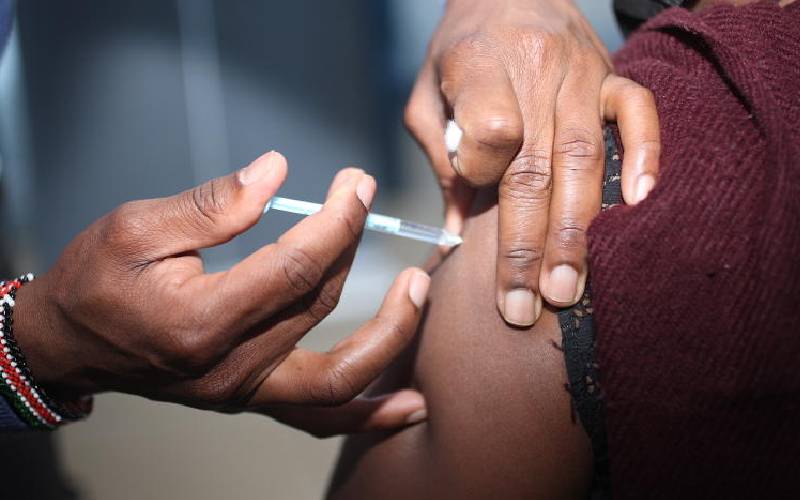×
The Standard e-Paper
Fearless, Trusted News

Some Kenyans fancy getting the AstraZeneca jab then Pfizer “to boost immunity” but mixing and matching of vaccine doses is discouraged by both the Ministry of Health and the World Health Organisation (WHO).